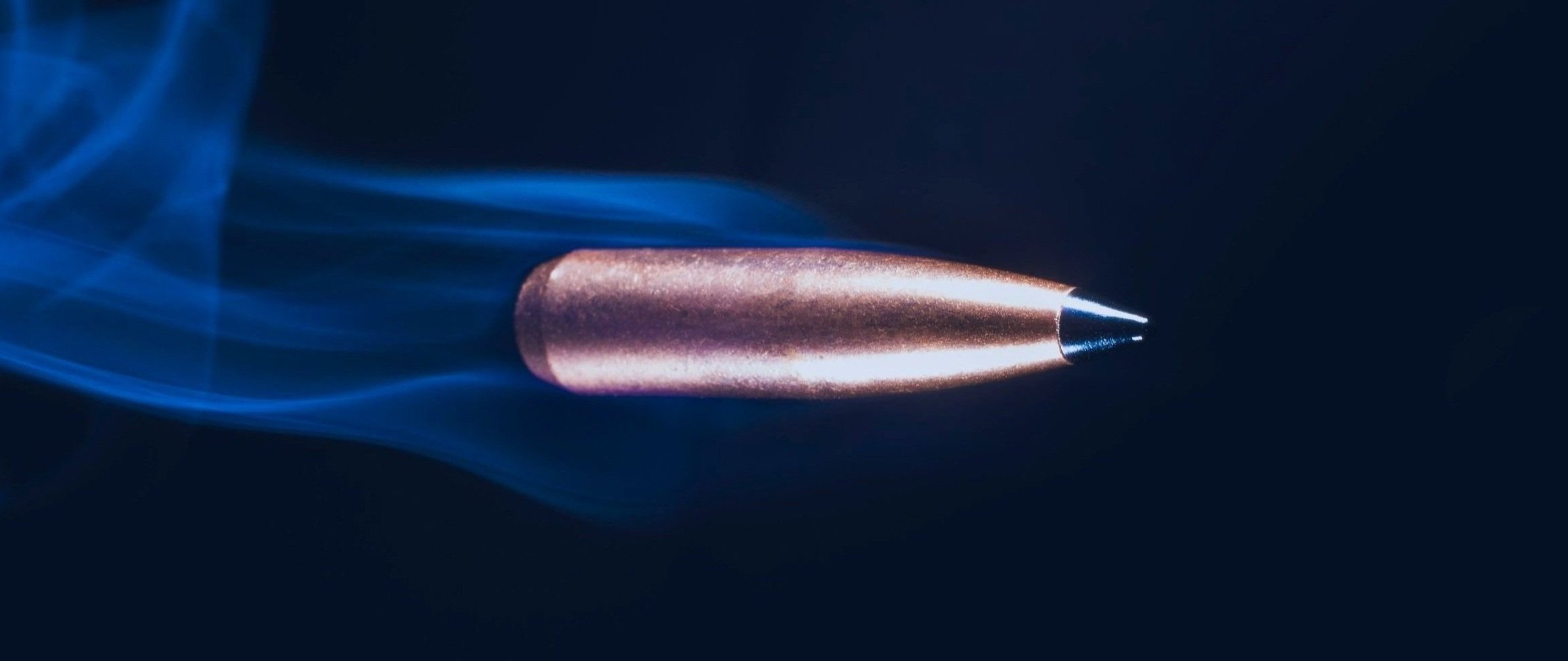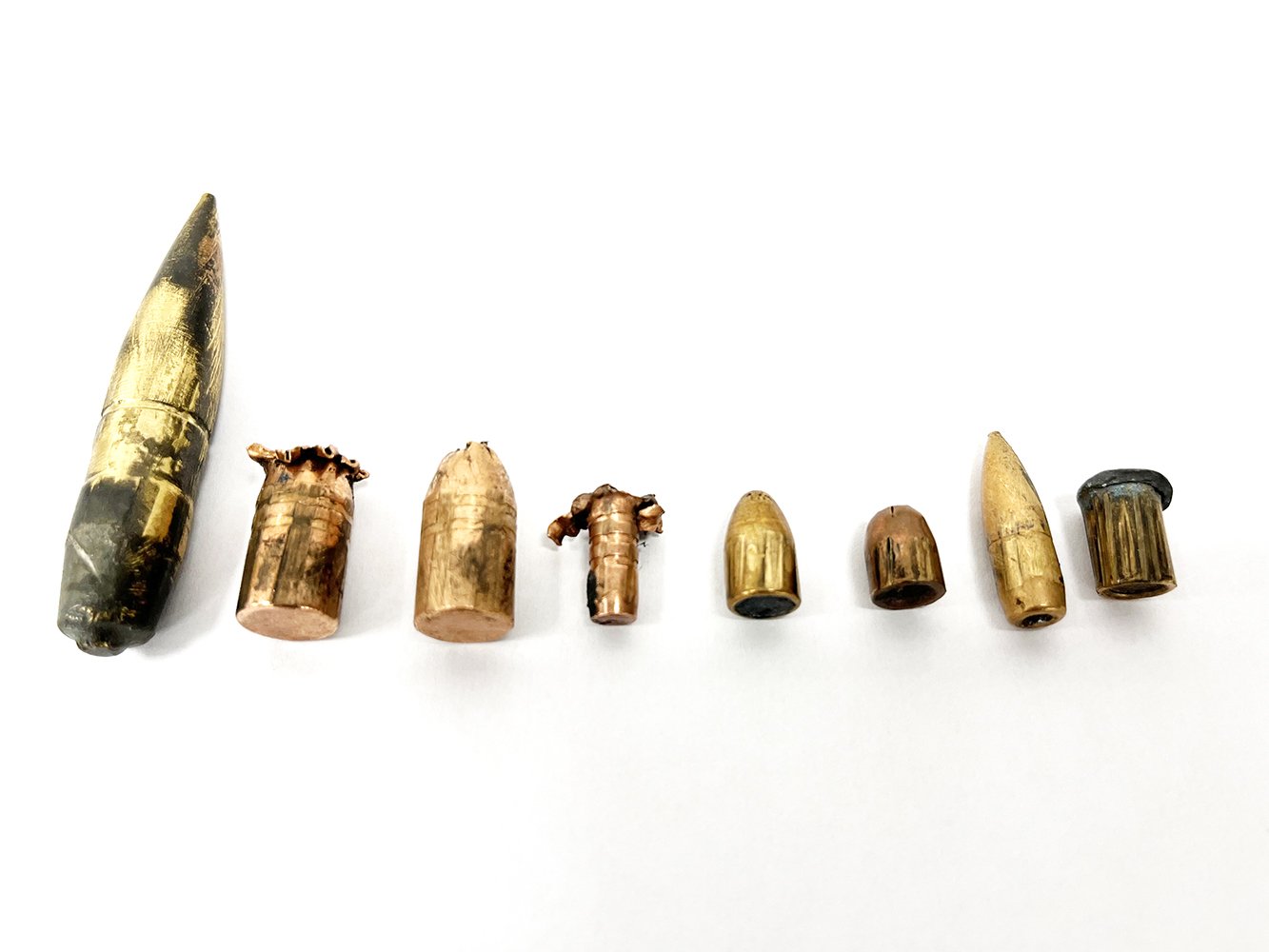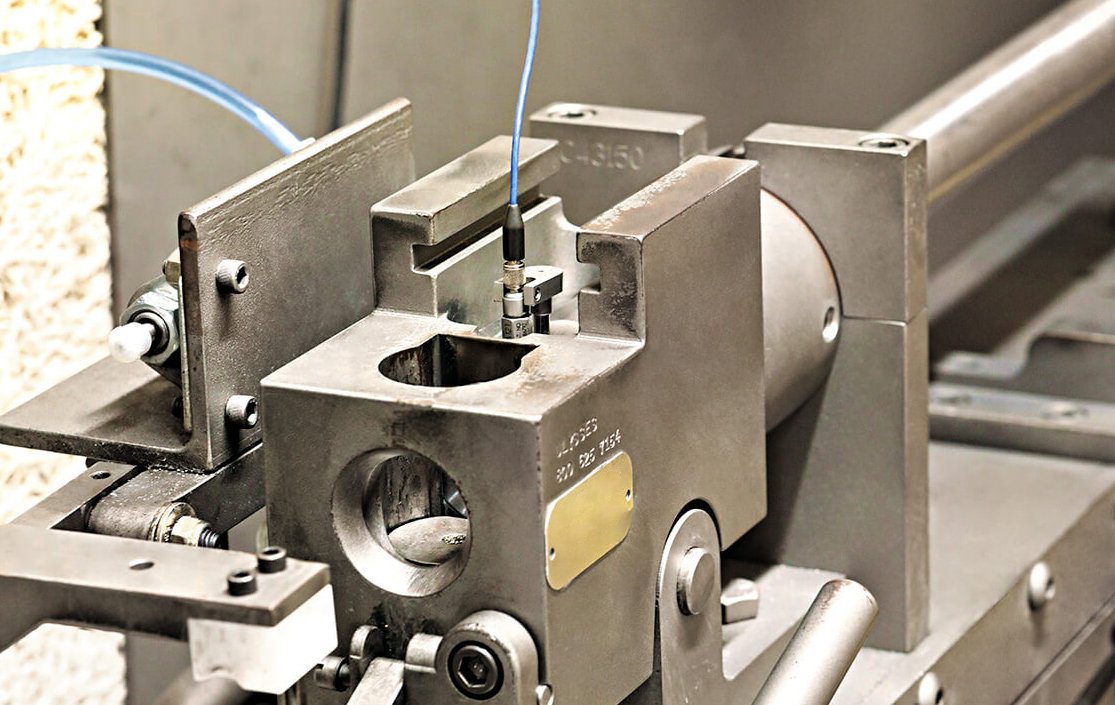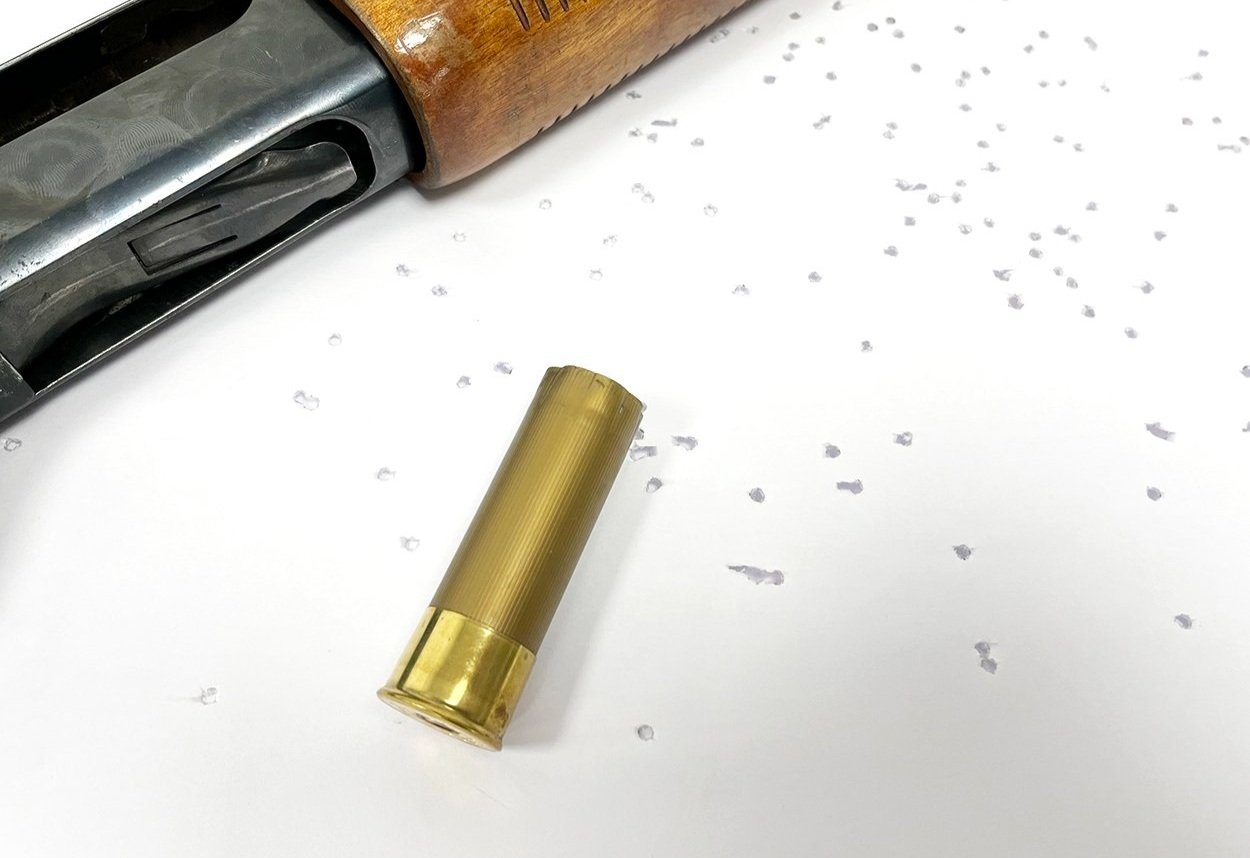
Ammunition Testing
Projectile Testing
Projectile testing involves launching a projectile, such as a bullet or missile, in a controlled environment to measure its flight dynamics, accuracy, velocity, and impact characteristics. This process typically includes using specialised equipment like high-speed cameras, radar systems, and ballistic gel to gather data on the projectile's performance. The results of these tests are crucial for evaluating the effectiveness and safety of projectiles for various applications, such as military, aerospace, and sports.
Pressure Testing
Ammunition pressure testing is a crucial process used to determine the maximum safe pressure that a particular cartridge can generate within a firearm. This testing involves measuring the pressure inside the chamber as the cartridge is fired, which helps ensure the ammunition meets safety standards and does not exceed the firearm's design limits. The results of these tests are essential for manufacturers to produce safe and reliable ammunition for consumers.
Shotgun Patterning
Shot pattern testing involves firing a series of shots at a target to observe the spread or dispersion of the pellets. This is typically done to evaluate the effectiveness and consistency of a shotgun's choke, ammunition, and shooting technique at various distances. By analysing the distribution of pellets on the target, shooters can determine the pattern's density and uniformity, which is essential for achieving accurate and ethical hunting or shooting results.
Specialist Shotgun Ammunition
Specialist shotgun ammunition refers to cartridges designed for specific purposes beyond general hunting or target shooting. This may include slug shells for increased accuracy at longer ranges, buckshot for self-defence or home defence, or speciality rounds like beanbags or rubber bullets for less-lethal applications. This may also include shotgun cartridges for special applications, such as door-breaching for military and or police applications.





